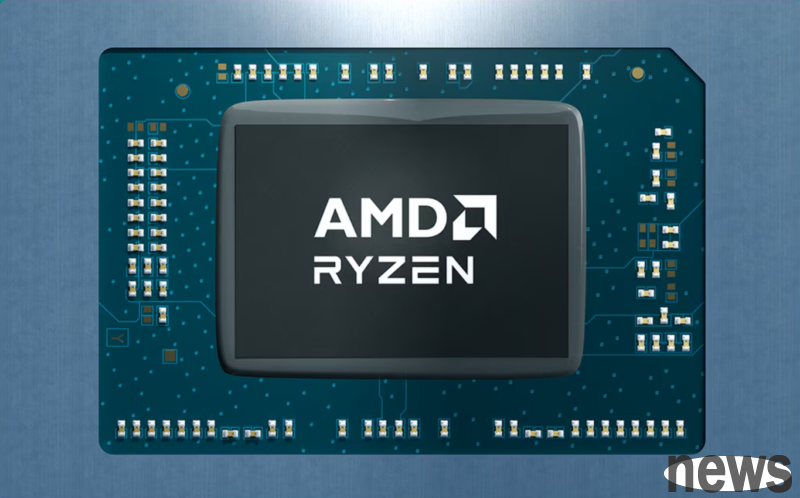
AMD is confident in the x86 ecosystem and the company claims that this architecture is comparable to the Arm architecture in areas such as energy efficiency.
Arm has gained attention in recent years and has been mainly driven by Windows on Arm ecosystem and Qualcomm Snapdragon X Elite processors. Arm chips have become popular quickly because it is claimed to be a viable x86 alternative and even performs excellently in AI computing efficiency and energy efficiency.
AMD told local media at the Consumer Electronics Exhibition in Berlin (IFA 2025) that x86 is undergoing strong regression, and Arm has no advantages over x86.
Speaking of energy efficiency, Arm and x86 are always compared. AMD is almost synchronized with Intel, and last year it refuted the misunderstanding of "x86 not efficient". Regardless of using AMD Ryzen or Intel Core processors, the computer products can provide longer sustained aviation power and fully utilize the x86 ecosystem. In summary, Arm cannot beat x86 in its overall experience.
In fact, Arm has always been the technical core of Apple M series chips, and in recent years it has become the foundation of Qualcomm's laptop processors. As people have expected, the Snapdragon X Elite processor will replace x86's dominance, bringing significant performance improvements. Later, AMD and Intel accelerated the promotion of new chips respectively. For example, AMD invested a lot of research and development in the APU market and achieved outstanding results, while Intel's Lunar Lake has significantly upgraded its NPU capabilities and energy efficiency.
AMD's latest Strix Point and Strix Halo APUs have the best performance/power consumption ratio, so they are widely used in products such as computers, mini computers and palm machines. Importantly, the AMD flagship Ryzen 9 AI MAX+ 395, with an overall high of 126 TOPS, is enough to prove that x86 has completely eliminated the short-term popularity of Windows on Arm.
This does not mean that the Arm era has ended, but in consumer hardware, the x86 status can still be stable, especially in the future, with new generation products such as Intel's Panther Lake and AMD's Medusa Point.
Roundtable zur IFA 2025: AMD über GPUs, CPUs, NPUs, AI, FSR, Rebranding und mehr